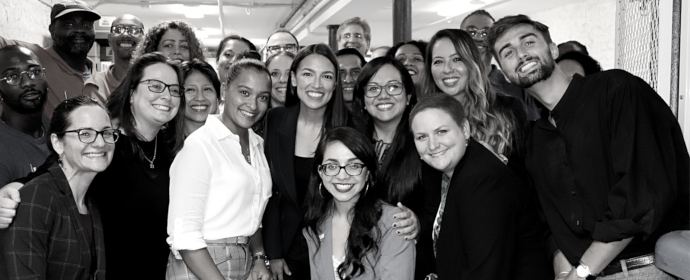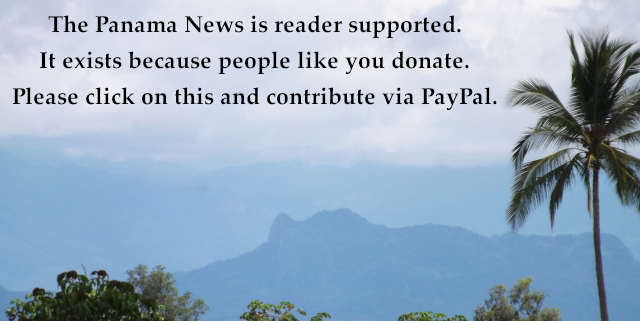AOC with staff and interns. Photo from her website.
The Puerto Rico Status Act explained
by US Representative Alexandria Ocasio-Cortéz
Puerto Rico’s current status as an unincorporated territory of the United State limits the island’s full political, economic, and social development.
First, a little background…
The United States has controlled Puerto Rico since 1898, after defeating Spain in the Spanish-American War, but Puerto Ricans did not become American citizens until 1917.
They can be drafted into the military, pay payroll taxes, and help fund programs like Medicaid and SNAP, but Puerto Ricans are unable to vote for president, do not have a voting representative in Congress, and have almost no access to federal safety net programs, even though more than 40% of the island lives in poverty.
While many Puerto Ricans agree that they would like more say over the status of the island’s relationship to the USA, the reality is that which kind of status – whether that’s statehood, independence, or sovereignty in free association with the United States – is a controversial topic amongst its residents.
That’s where the Puerto Rico Status Act comes in…
Alexandria has prioritized developing a transparent, inclusive process for Puerto Ricans to choose how to move forward with their relationship to the United States, which is why she was proud to co-sponsor the Puerto Rico Self-Determination Act alongside Representative in March 2021. Key elements of that bill were incorporated into the Puerto Rico Status Act, including:
• A binding plebiscite. Puerto Ricans have voted for changes in status in the past, but all were non-binding resolutions, and saw no real changes to the island’s relationship to the United States. The PR Status Act would ensure implementation of the status voted on by the majority (51%) of Puerto Rico’s population.
• Federally funded, objective educational materials about ALL THREE status options will be shared in advance of the vote in both Spanish and English, so that Puerto Ricans can fully assess their options for the future.
• Ends the option to continue the island’s current territorial status. For the first time, Puerto Ricans will choose between three non-territorial status options: statehood, independence, and sovereignty with free association to the United States.
Other key victories in the bill include protections for Puerto Ricans from being stripped of their US citizenship – no matter the outcome of the vote – and 10 years of financial assistance to the island if it chooses independence.
But this bill is just a first step.
While the Puerto Rico Status Act does not address other key factors impacting Puerto Ricans’ quality of life — including problems with the energy grid, PROMESA, and Act 20 — it does represent a giant step forward for bringing justice to the colonized people of Puerto Rico.
We will stand with the organizers in Puerto Rico as they continue to demand improvements for their community. ¡Pa’lante!
Contact us by email at fund4thepanamanews@gmail.com
To fend off hackers, organized trolls and other online vandalism, our website comments feature is switched off. Instead, come to our Facebook page to join in the discussion.
These links are interactive — click on the boxes












